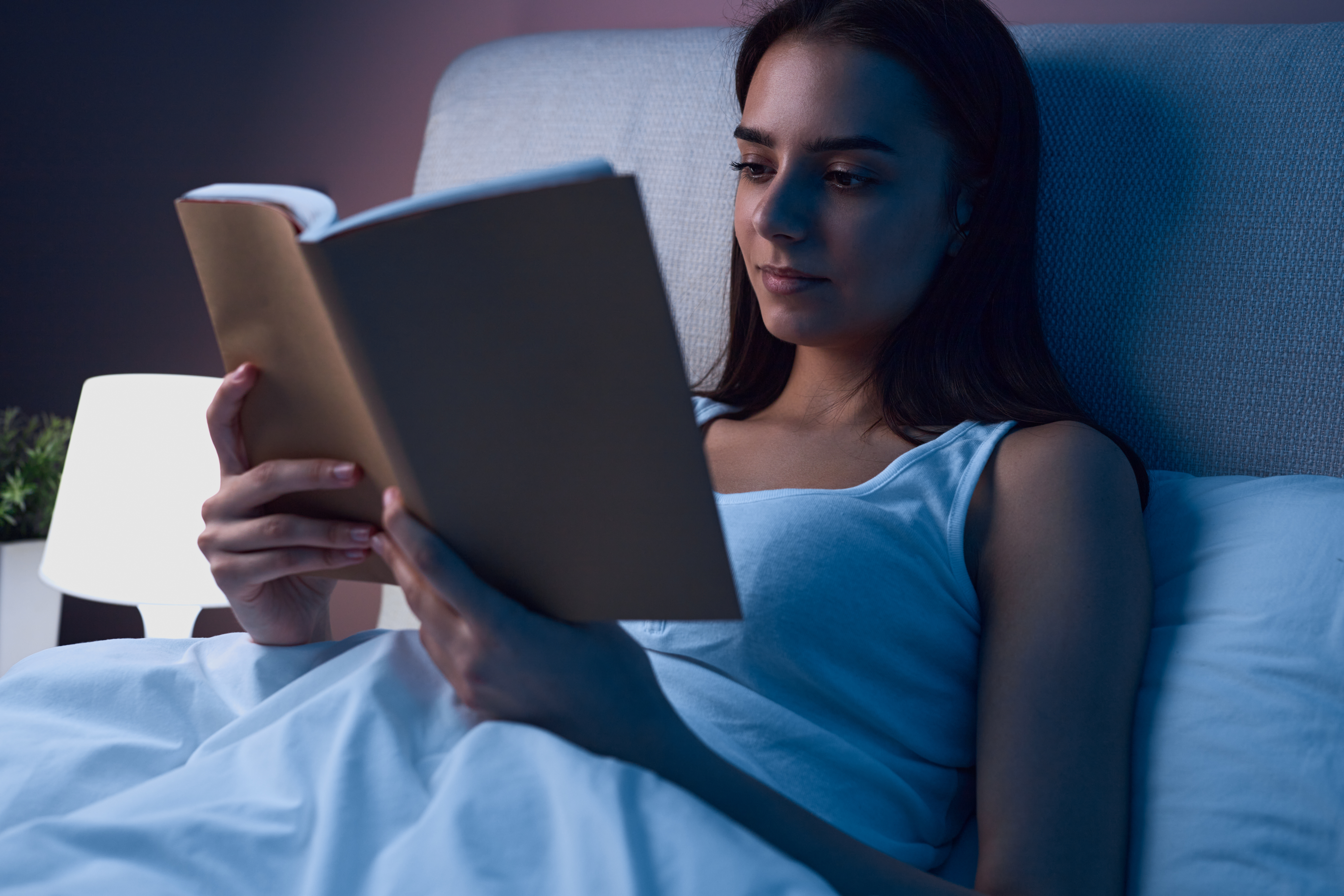15 Expert-Backed Secrets for Unlocking Your Best Night's Sleep
3. Limiting Screen Time Before Bed - Disconnect to Reconnect with Sleep

In our digital age, screens are an ever-present part of daily life. However, excessive screen time, particularly before bed, can significantly impact sleep quality. The blue light emitted by smartphones, tablets, and computers interferes with the production of melatonin, the hormone that regulates sleep-wake cycles. This disruption can make it difficult to fall asleep and reduce the overall quality of your rest. To mitigate the effects of screen time on sleep, it's important to establish boundaries around technology use before bed. Aim to disconnect from screens at least 30 to 60 minutes before you plan to sleep. During this time, engage in relaxing activities that don't involve screens, such as reading a book, taking a warm bath, or practicing meditation. These activities can help signal to your brain that it's time to wind down and prepare for sleep. If avoiding screens entirely isn't feasible, consider using blue light filters on your devices. Many smartphones and computers have settings or apps that reduce blue light exposure during evening hours. Additionally, wearing blue light-blocking glasses can further minimize the impact of screens on your sleep. By consciously limiting screen time before bed, you can enhance the natural production of melatonin, making it easier to fall asleep and enjoy deeper, more restorative rest.
4. Mindful Relaxation Techniques - Calming the Mind for Restful Sleep

Stress and anxiety are common culprits of sleep disturbances. When the mind is racing with worries or unfinished tasks, falling asleep can become a daunting challenge. Incorporating mindful relaxation techniques into your bedtime routine can help calm the mind and prepare the body for restful sleep. These techniques are designed to reduce stress, promote relaxation, and create a peaceful mental state conducive to sleep. One effective relaxation technique is progressive muscle relaxation. This involves tensing and then slowly releasing each muscle group in the body, starting from the toes and working up to the head. This practice not only helps release physical tension but also shifts focus away from stressors, promoting a sense of calm. Similarly, deep breathing exercises can slow the heart rate and induce relaxation. By focusing on slow, deep breaths, you can activate the body's natural relaxation response, making it easier to drift into sleep. Meditation and mindfulness practices are also powerful tools for promoting restful sleep. Guided meditation apps or simple mindfulness exercises, such as focusing on your breath or visualizing a peaceful scene, can help quiet the mind and reduce anxiety. By incorporating these relaxation techniques into your nightly routine, you create a mental environment that supports restful sleep. Over time, these practices can become a natural part of your bedtime ritual, helping you transition smoothly from wakefulness to sleep.
